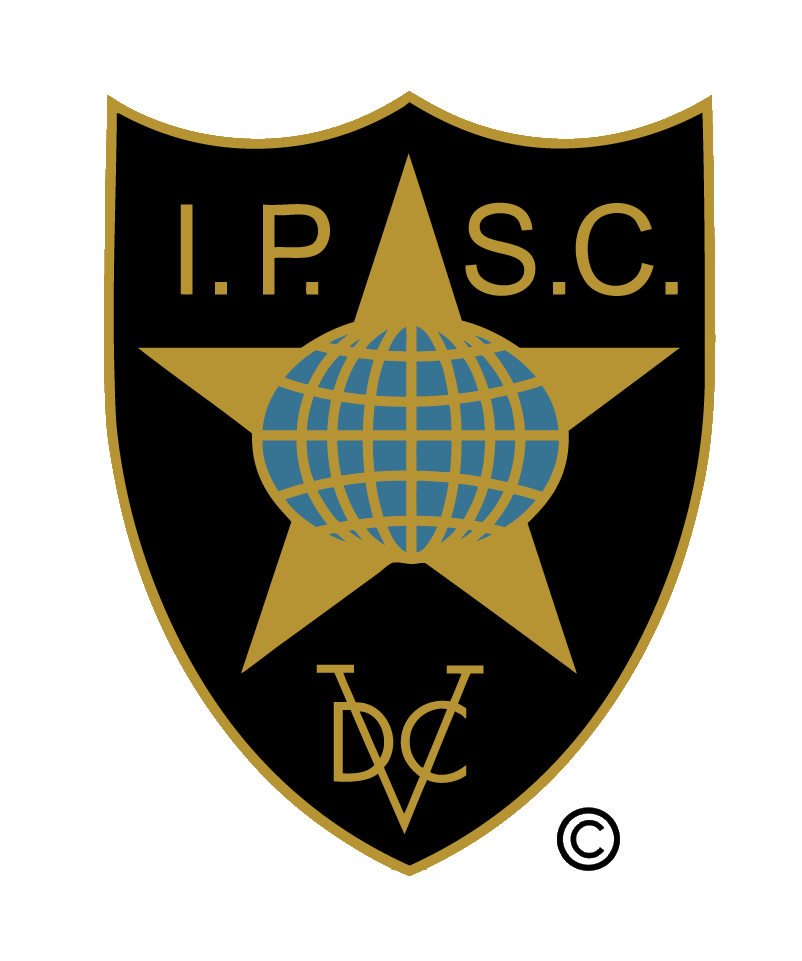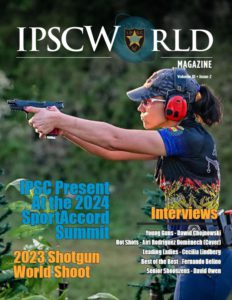IPSC Rules
IPSC Rules form the basis of our sport, as does the rules for any sport. The Rules set standards for competition around the world and ensure safety and good order in our sport.
Officials organize and run competitions so competitors may shoot an IPSC match anywhere in the world in a safe organized manner.
The following general principles of course design list the criteria, responsibilities and restrictions governing course designers as the architects of the sport of IPSC shooting.
Safety
IPSC matches must be designed, constructed and conducted with due consideration to safety.
Quality
The value of an IPSC match is determined by the quality of the challenge presented in the course design. Courses of fire must be designed primarily to test a competitor’s IPSC shooting skills, not necessarily their physical abilities.
Balance
Accuracy, Power and Speed are equivalent elements of IPSC shooting, and are expressed in the Latin words ‘Diligentia, Vis, Celeritas’ (“DVC”). A properly balanced course of fire will depend largely upon the nature of the challenges presented therein, however, courses must be designed, and IPSC matches must be conducted in such a way, as to evaluate these elements equally.
Diversity
IPSC shooting challenges are diverse. No single course of fire must be repeated to allow its use to be considered a definitive measure of IPSC shooting skills.
Freestyle
Competitors must be permitted to solve the challenge presented in a freestyle manner, and to shoot targets on an ‘as and when visible’ basis.
Difficulty
IPSC matches present varied degrees of difficulty. No shooting challenge or time limit may be appealed as being prohibitive. This does not apply to non-shooting challenges, which should reasonably allow for differences in competitor’s height and physical build.
Challenge
IPSC matches recognize the difficulty of using full power firearms in dynamic shooting and must always employ a minimum caliber and power level to be attained by all competitors to reflect this challenge.


